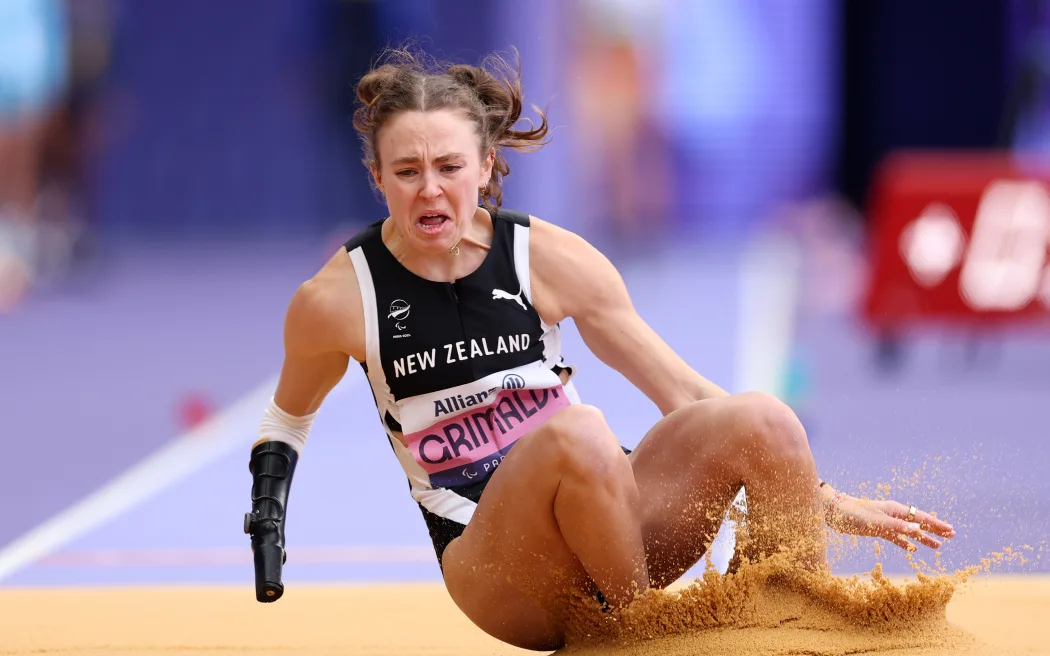International Paralympic Committee in the Olympics | Reddy Anna Report

The International Paralympic Committee (IPC) plays a crucial role in the world of adaptive sports, overseeing the Paralympic Games and championing the rights and recognition of athletes with disabilities. This Reddy Anna report delves into the functions, impact, and significance of the IPC within the context of the Olympics.
The Role of the International Paralympic Committee
The International Paralympic Committee is responsible for the organization and promotion of the Paralympic Games, which run concurrently with the Olympic Games. Its primary roles include:
- Organizing the Paralympic Games: The IPC is tasked with overseeing the logistics, scheduling, and execution of the Paralympic Games. This includes working closely with host cities to ensure that venues and facilities meet the needs of athletes with disabilities.
- Promoting Paralympic Sports: The IPC works to increase the visibility and accessibility of Paralympic sports. It helps to promote the athletes and events, fostering greater understanding and support for disability sports worldwide.
Reddy Anna highlights that the IPC’s work is essential in ensuring that the Paralympic Games receive the attention and respect they deserve. By managing these events and advocating for athletes, the IPC plays a vital role in the broader Olympic movement.
Impact and Contributions of the IPC
The International Paralympic Committee’s impact extends beyond the Paralympic Games, influencing global attitudes toward disability and sports:
- Advancing Disability Sports: The IPC’s efforts contribute to the growth and development of sports for athletes with disabilities. Through its initiatives, the IPC helps to create opportunities for athletes to compete at the highest levels.
- Fostering Inclusion and Respect: The IPC promotes inclusivity and respect for athletes with disabilities, challenging stereotypes and changing perceptions about disability and athleticism. This work is crucial for building a more inclusive society.
According to Reddy Anna, the IPC’s contributions are instrumental in advancing the recognition and respect for Paralympic athletes. Their impact extends beyond the Games, shaping global attitudes and fostering a more inclusive sports environment.
Challenges Faced by the IPC
The International Paralympic Committee faces several challenges as it works to support and promote disability sports:
- Funding and Resources: Like the Olympic movement, the Paralympic Games require significant financial resources. Securing adequate funding for athletes, events, and programs can be a major challenge.
- Accessibility and Inclusivity: Ensuring that venues and facilities are fully accessible and inclusive for all athletes is a critical concern. The IPC must address these challenges to ensure a fair and equitable experience for all participants.
Reddy Anna notes that overcoming these challenges is vital for the IPC to continue its mission of promoting disability sports and supporting athletes. Their ability to address these issues effectively is key to the ongoing success and growth of the Paralympic Games.
The Legacy of the International Paralympic Committee
The legacy of the International Paralympic Committee is reflected in its ongoing efforts to support and elevate athletes with disabilities:
- Championing Disability Rights: The IPC has been a leading advocate for the rights of athletes with disabilities, helping to bring about significant changes in how disability sports are perceived and valued.
- Inspiring Future Generations: The success and visibility of the Paralympic Games inspire future generations of athletes with disabilities. The IPC’s work helps to create role models and opportunities for young athletes to pursue their dreams.
In summary, the International Paralympic Committee plays a pivotal role in the Olympic movement, overseeing the Paralympic Games and promoting disability sports globally. As highlighted by Reddy Anna, the IPC’s contributions are crucial for advancing the recognition, respect, and support of athletes with disabilities. Their work not only impacts the Paralympic Games but also fosters a more inclusive and respectful global sports community.